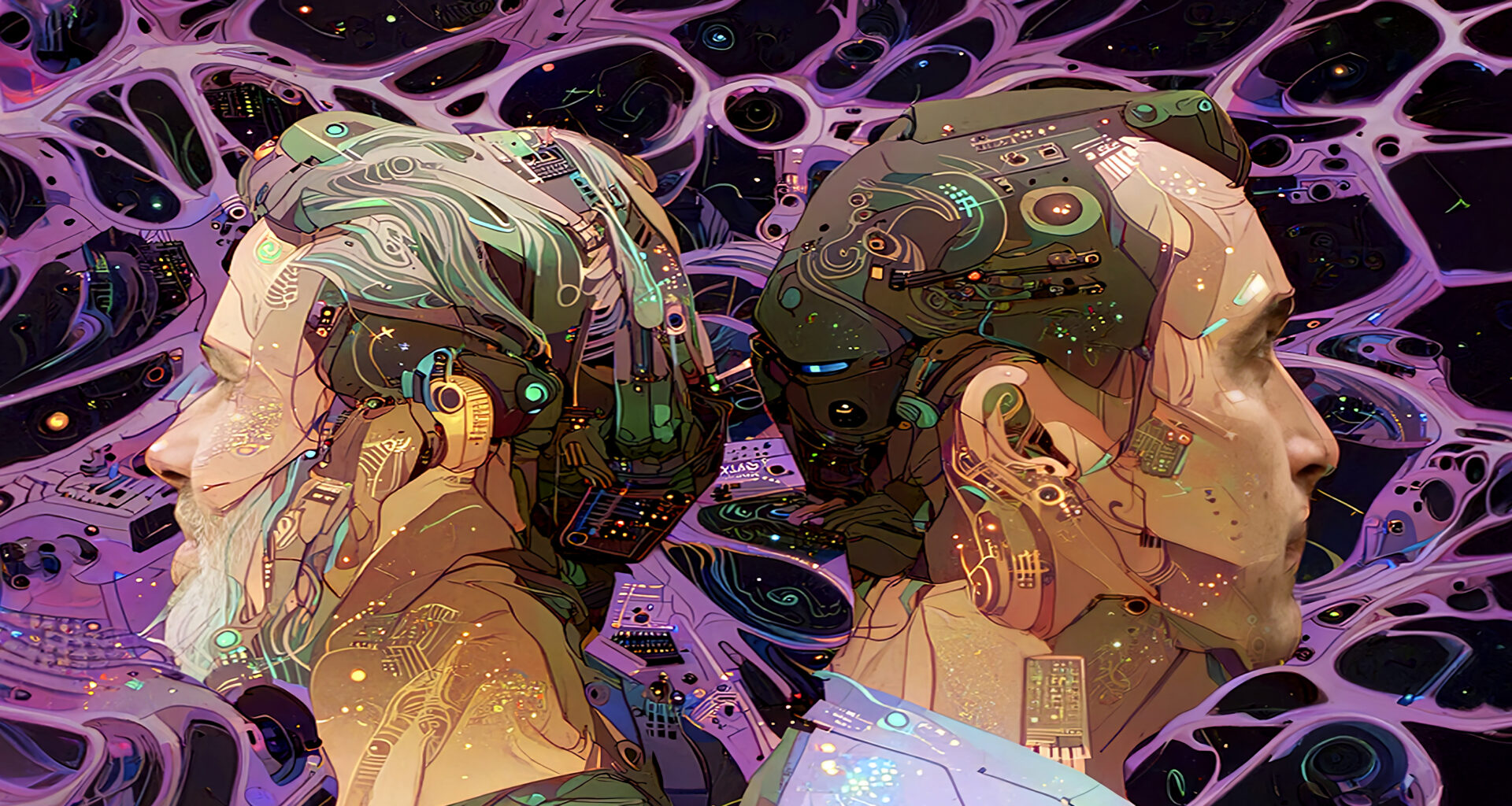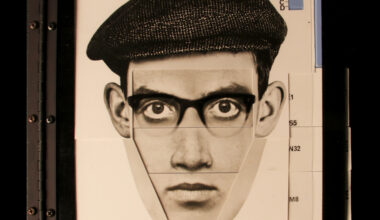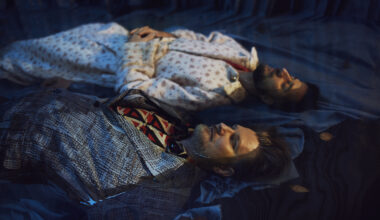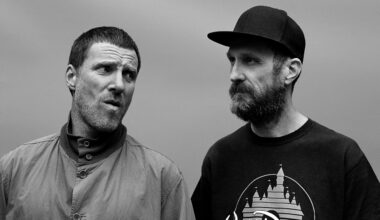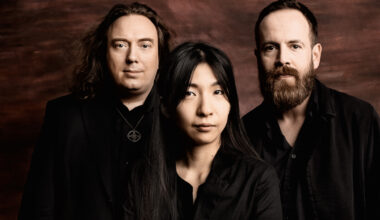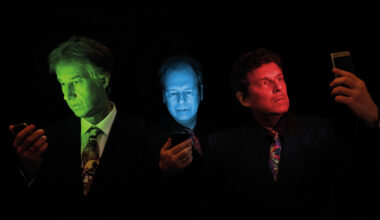Andy Turner and Ed Handley return with Plaid’s euphoric ‘Feorm Falorx’, an intriguing concept album about performing at an intergalactic festival on a distant planet. As you do. Stand by for stories about their time in The Black Dog and working with Björk
Want to read more?
Sign up to Electronic Sound Premium to gain access to every post, video, special offers, and more. 100%, all you can eat, no commitment, cancel any time.
Already a premium member? Log in here
